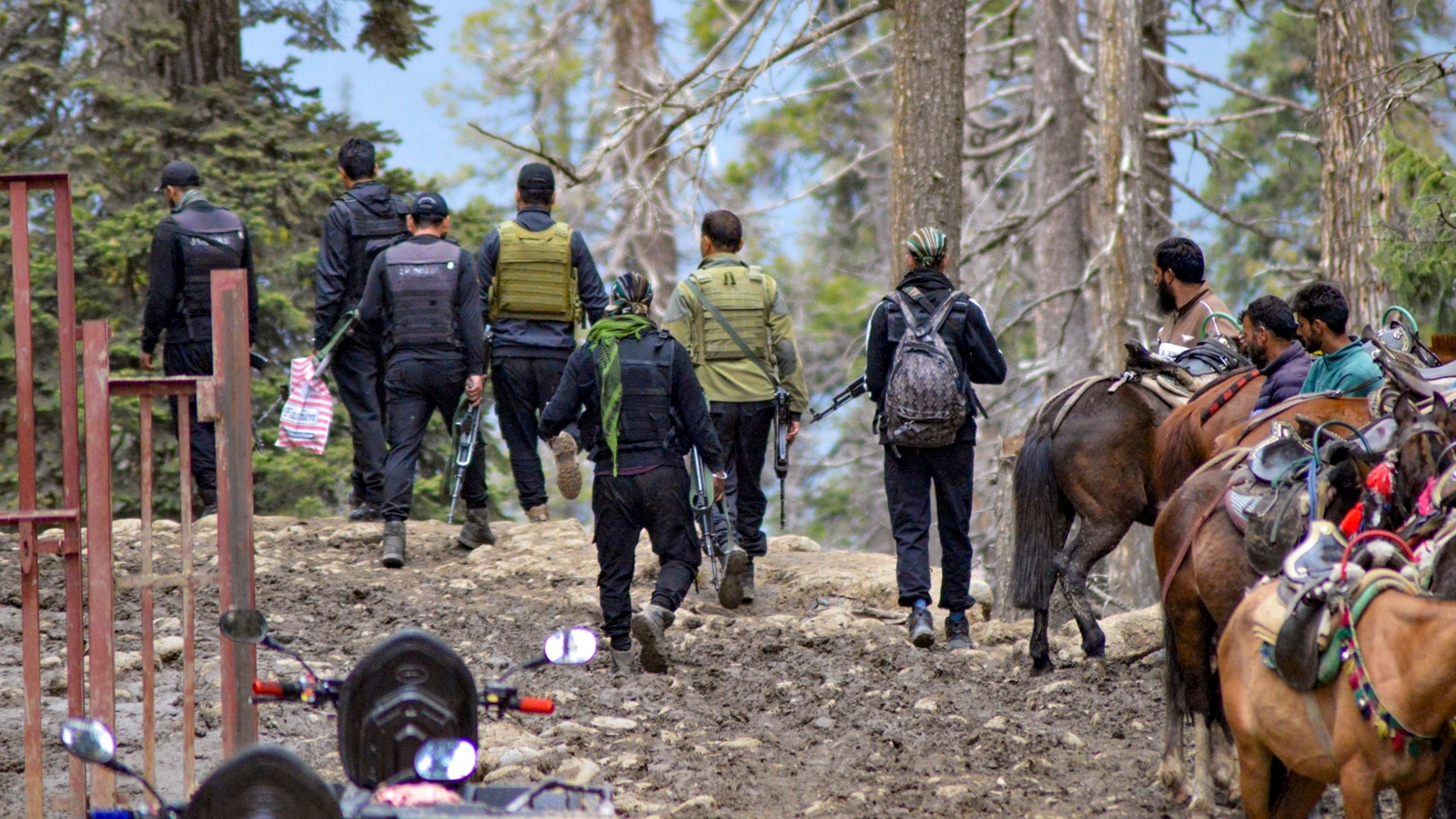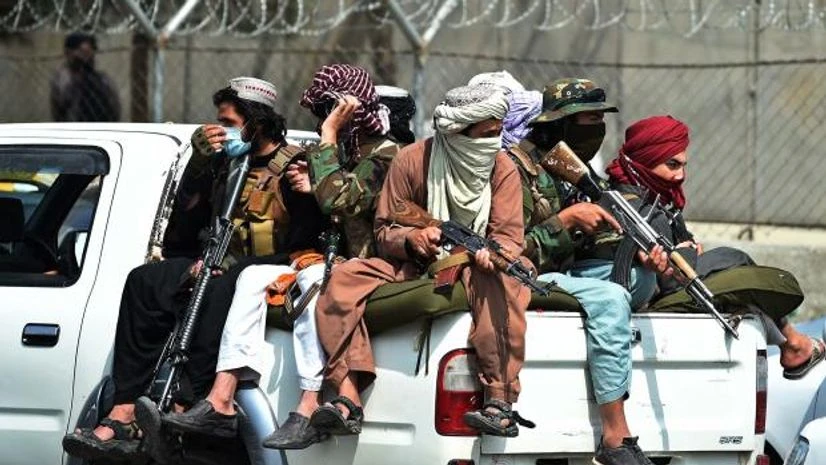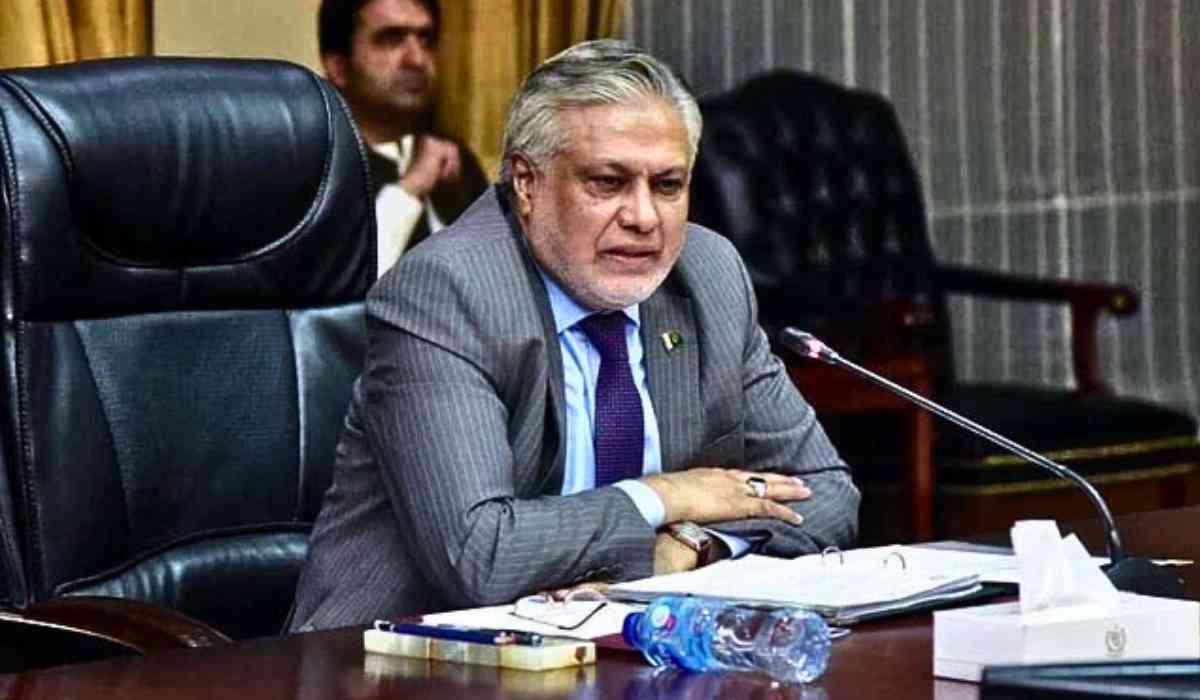Recently, Pakistan's Deputy Prime Minister Ishaq Dar made a highly controversial statement by referring to the terrorists involved in the deadly Pahalgam attack in Indian-administered Kashmir as "freedom fighters." This attack, which took place on April 22, 2025, resulted in the tragic death of 26 people, including tourists, and has been widely condemned internationally.
What Happened in Pahalgam?

The Pahalgam attack targeted innocent tourists visiting a popular destination in Jammu and Kashmir. The terrorists indiscriminately fired upon civilians, causing significant loss of life and injuries. Indian authorities have identified some attackers as members of Lashkar-e-Taiba, a Pakistan-based terrorist group. This attack is one of the deadliest in the Kashmir Valley in recent years, following the 2019 Pulwama attack.
Pakistan’s Response and the Controversy

Instead of condemning the attack, Pakistan’s Deputy Prime Minister Ishaq Dar praised the attackers as "freedom fighters," a term usually reserved for those fighting for a just cause or liberation. This statement has sparked outrage and condemnation, including from within Pakistan. Former Pakistani cricketer Danish Kaneria criticized Dar’s remark as "disgraceful" and an open admission of state-sponsored terrorism. Kaneria called on Pakistan’s leadership to stand for peace rather than shelter terrorists.
The Indian government has reacted strongly to the attack and Pakistan’s provocative statements. Prime Minister Narendra Modi vowed to pursue terrorists and their backers relentlessly, even threatening to "raze to the ground" areas harboring terrorists. India has also suspended the Indus Water Treaty with Pakistan, calling the move an "act of war" in response to Pakistan’s actions and statements.
This incident highlights the complex and tense relationship between India and Pakistan, especially concerning Kashmir. Pakistan’s military and political leadership have long supported groups they consider fighting for Kashmir's "freedom," while India views these groups as terrorists threatening its sovereignty and security.
)
The use of terms like "freedom fighters" for terrorists complicates peace efforts and fuels mistrust. It reflects a deep-rooted conflict where narratives differ sharply on both sides. Pakistan’s official endorsement of such groups is seen by many as provocative and harmful to regional stability.
While one side may see armed groups as fighters for a cause, the other sees them as perpetrators of violence against civilians. This divergence in terminology underscores the challenges in resolving the Kashmir conflict.
Statements like those made by Pakistan’s Deputy Prime Minister can escalate tensions and hinder dialogue. They also raise questions about the role of state actors in supporting or condemning violence. For peace to be possible, both sides would need to agree on basic principles condemning attacks on civilians and working toward a political solution.
Conclusion

The Pahalgam terror attack and the subsequent praise by Pakistan’s Deputy Prime Minister for the attackers have shocked many and intensified India-Pakistan tensions. While emotions run high, it is crucial to understand the underlying complexities and avoid simplistic judgments. The path to peace requires acknowledging different perspectives but firmly rejecting violence against innocent people.
The international community continues to watch closely, hoping for restraint and constructive engagement from both India and Pakistan. Until then, incidents like Pahalgam remain painful reminders of the fragile and volatile nature of the Kashmir issue.
With inputs from agencies
Image Source: Multiple agencies
© Copyright 2025. All Rights Reserved Powered by Vygr Media.

























